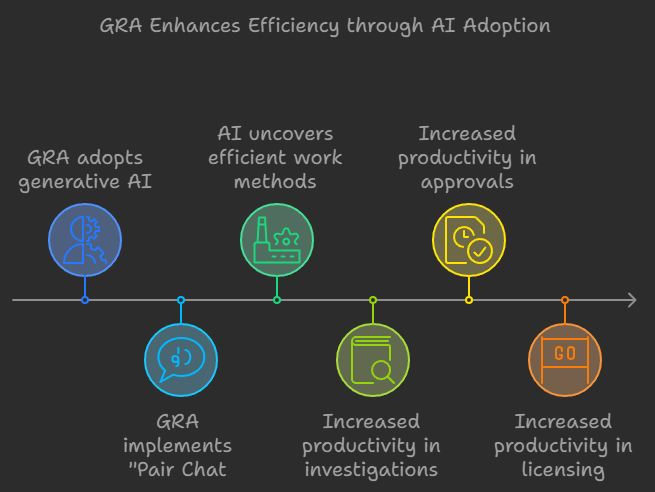Singapore's Gambling Regulatory Authority (GRA) Reports Low 3% Gambling Rate Among Local Residents in 2023
- Somyak Dhar
- Oct 3, 2024
- 3 min read
In its 2023/24 Annual Report, Singapore’s Gambling Regulatory Authority (GRA) reported a remarkably low 3% gambling participation rate among local residents. This achievement demonstrates the effectiveness of Singapore's measures to control problem gambling.
Through innovative strategies and close collaborations with other national agencies, GRA has maintained low casino visitation and gambling-related crimes.
This article explores the key findings of GRA’s latest report, its ongoing initiatives to modernize gambling regulation, and future plans for cashless gaming.
Table of Contents

Singapore’s 2023 Gambling Statistics
According to the GRA’s 2023/24 Annual Report, only 99,000 Singaporean Citizens and Permanent Residents visited the country’s two casinos — Marina Bay Sands and Resorts World Sentosa — in 2023. This represents just 3% of Singapore’s adult population.
Singapore’s strict casino entry policies, including a daily levy of SG$150 or an annual levy of SG$3,000 for residents, have been successful in deterring unnecessary gambling visits and keeping problem gambling rates low.
Singapore Gambling Regulatory Authority's Collaboration and Success in Keeping Problem Gambling Low
Chairman Tan Tee How attributed this success to GRA’s close collaboration with the National Council on Problem Gambling (NCPG) and the Singapore Police Force. These partnerships have resulted in effective regulatory outcomes, with both casino crime and problem gambling rates remaining at minimal levels.
Tan emphasized that Singapore’s efforts to protect vulnerable groups and maintain strict gambling regulations have proven effective in reducing gambling participation among locals.
Review of Casino Control Act and Cashless Gaming
A key development highlighted in the report is the upcoming amendments to Singapore’s Casino Control Act. Set to be implemented next year, these amendments will introduce cashless gaming across Singapore’s casinos. This move reflects GRA’s commitment to updating its regulatory framework to keep pace with technological advancements.
Chairman Tan noted that this review aims to enhance casino regulation, ensure operational efficiency, and strengthen protection for vulnerable groups. The focus on cashless gaming is part of Singapore's broader goal to future-proof its regulatory environment while offering greater convenience and security to casino patrons.
Technological Advancements and AI Adoption at GRA

GRA has been proactive in adopting new technologies to enhance its regulatory processes. Chairman Tan highlighted the increasing use of generative Artificial Intelligence (AI) within the organization, particularly through the adoption of “Pair Chat”, a large language model developed for Singapore’s public sector.
By leveraging AI, GRA is uncovering more efficient ways of working, including enhanced productivity in day-to-day operations such as investigations, approvals, and licensing processes.
Digital Transformation Journey of GRA
GRA’s digital transformation journey began five years ago and has since led to substantial changes in the organization’s regulatory functions. The shift toward digital operations, including a risk-based regulatory approach, has resulted in significant productivity gains.
By digitizing core processes, GRA officers are now able to devote more time to work that requires human judgment, such as assessing risk and making regulatory decisions. This transformation is part of GRA’s broader goal to embrace innovation and remain at the forefront of modern casino regulation.
Singapore’s Future-Ready Gambling Regulation
Singapore’s GRA has demonstrated its commitment to maintaining a responsible gambling environment through innovative strategies, collaboration, and technological adoption. With a low 3% gambling rate among local residents, the introduction of cashless gaming, and the implementation of AI-driven processes, GRA is well-positioned to continue regulating the industry effectively.
As Singapore continues its digital transformation journey, its gambling regulatory framework will evolve to ensure future-readiness while protecting vulnerable populations. The country’s approach to gambling regulation serves as a model for other nations looking to balance innovation with social responsibility.




